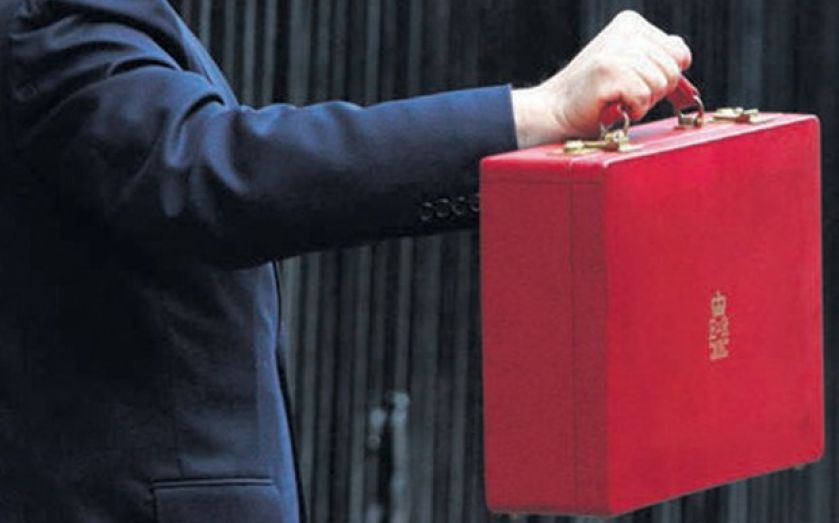Autumn Statement 2013: What it means for UK entrepreneurs

ENTREPRENEURS are rarely political animals and don’t often get involved in the dirty business of politics. However, there are few people who are more impacted – for better or worse – by public policy. As such, every time the chancellor stands up to speak, entrepreneurs and small business owners should take note.
The news from last Thursday’s Autumn Statement that the UK’s economy is fairing better than expected was welcome news for everyone. For that, Britain’s entrepreneurs and small business owners should take a huge portion of the credit. And in return for their hard work, the chancellor’s Statement was relatively benign.
Business rates are a drag on economic growth – they are the third biggest cost to small companies. George Osborne delivered: capping rate rises at 2 per cent; extending the Small Business Rate Relief (SBRR) to April 2014; offering a discount of up to £1,000 in 2014-15 and 2015-16 for retail properties with a rateable value of up to £50,000; and introducing a 50 per cent discount on business rates for new occupants of previously empty retail premises for 18 months.
All are moves in the right direction, but the chancellor needs to do more – and he knows it. The Autumn Statement notes the “government plans to discuss with business options for longer-term administrative reform of business rates post-2017”. Small businesses have already been waiting too long – these conversations should be happening now so the outcomes can be imbedded in party manifestos come 2015.
Another piece of good news for entrepreneurs came in the abolition of employer National Insurance contributions for most under-21 year olds. This is an open acknowledgement of the destructive power of this tax on jobs. It’s a deep shame that, as a consequence, older workers will suffer relative to the young, but as the late Nobel laureate in economics Milton Friedman often said “I’ve never seen a tax cut I didn’t like”.
A fly in the ointment that hopefully won’t grow into the elephant in the room is the government’s rhetoric on “disguising employment as self-employment to avoid tax”. It is not yet clear how this will be put into practice, but it will prove severely destructive if it undermines the option of self-employment.
Self-employment provides flexibility for both employers and employees, allowing highly-skilled individuals to make the best use of their labour. It also opens up work for people on the margins of employment, who would otherwise be unemployed given the additional tax and regulatory burdens.
It’s little surprise that the government’s commitment to plough an extra £160m into startup loans has proved popular in the entrepreneurial community. Everyone likes a free (or cheap) lunch. But the government should consider the unintended consequences of further soaking its balance sheet in startup debt. There is a very real risk that the state will crowd out the private sector in the process and leave us all the poorer for it. The government needs to sign up to the Hippocratic Oath: take a cold, hard look at the reams of regulations and first vow to do no harm – or at least less harm.
Perhaps the most encouraging part of the Autumn Statement wasn’t what was contained in its 123 pages, but what wasn’t. It’s all too easy for restless chancellors to unnecessarily tinker with successful policies. That Osborne left the Enterprise Investment Scheme (EIS) and the Seed Enterprise Investment Scheme (SEIS) untouched is to be commended. As always, the chancellor could have done better, but at least there were no nasty surprises, leaving the wealth creators free enough to go about creating more wealth for us all.
Philip Salter is director of The Entrepreneurs Network. tenentrepreneurs.org